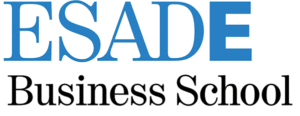
When a long-established wine-maker came to CEMS looking to update its sustainability strategy, no one counted on Coronavirus derailing the project. But it would take more than a pandemic to stop this team.
Ensuring that a long-standing brand with a rich tradition and heritage can withstand the test of time is no mean feat. This is the challenge that faces Leonor Blázquez Villar every day. As head of sustainability with one of Spain’s foremost wine-maker, it’s her job to meet key compliance, reputation and brand goals, all while ensuring the company remains fresh, relevant, competitive and braced for the future in a highly competitive market.
And it’s not easy.
“As wine-makers, we have a responsibility to work towards achieving certain sustainability goals, and communicating our efforts in this space effectively to all of our shareholders – both internal and external. In a very crowded market, it can be hard to keep on track and to get an accurate sense of what others are doing in this space. You face hard questions: is your strategy the right one? Is your positioning on point? Do you need to change course – and if so, how?”
These were some of the questions that brought Blázquez Villa and her colleague, Salvador Guimerá Girón to ESADE in Barcelona in 2019. She was keen to tap into the talent, insight and diverse perspectives of CEMS students in order to review the company’s sustainability plan and communication efforts. It was not the first time that the wine-maker had collaborated with CEMS, however.
“We came to CEMS at ESADE knowing that we would find the kind of calibre and expertise that we needed to reflect really critically on our present work and think about how to improve for the future. For several years we’d worked with CEMS students in different areas of our business, from international sales to marketing. We were curious to see how this collaboration would pan out looking at sustainability in the context of the preparing for the future.”
As a project, this dovetailed perfectly with the interests of Thomas Gandeborn, a CEMS exchange student at ESADE, pursuing his MIM at the Vienna University of Economics and Business.
“With fellow students from my cohort we were looking for a really arresting challenge for our CEMS Business Project. Working with the wine-maker was a hugely interesting proposal because they came to us with the twin challenges of driving forward their sustainability agenda while simultaneously improving communication with internal and external stakeholders.”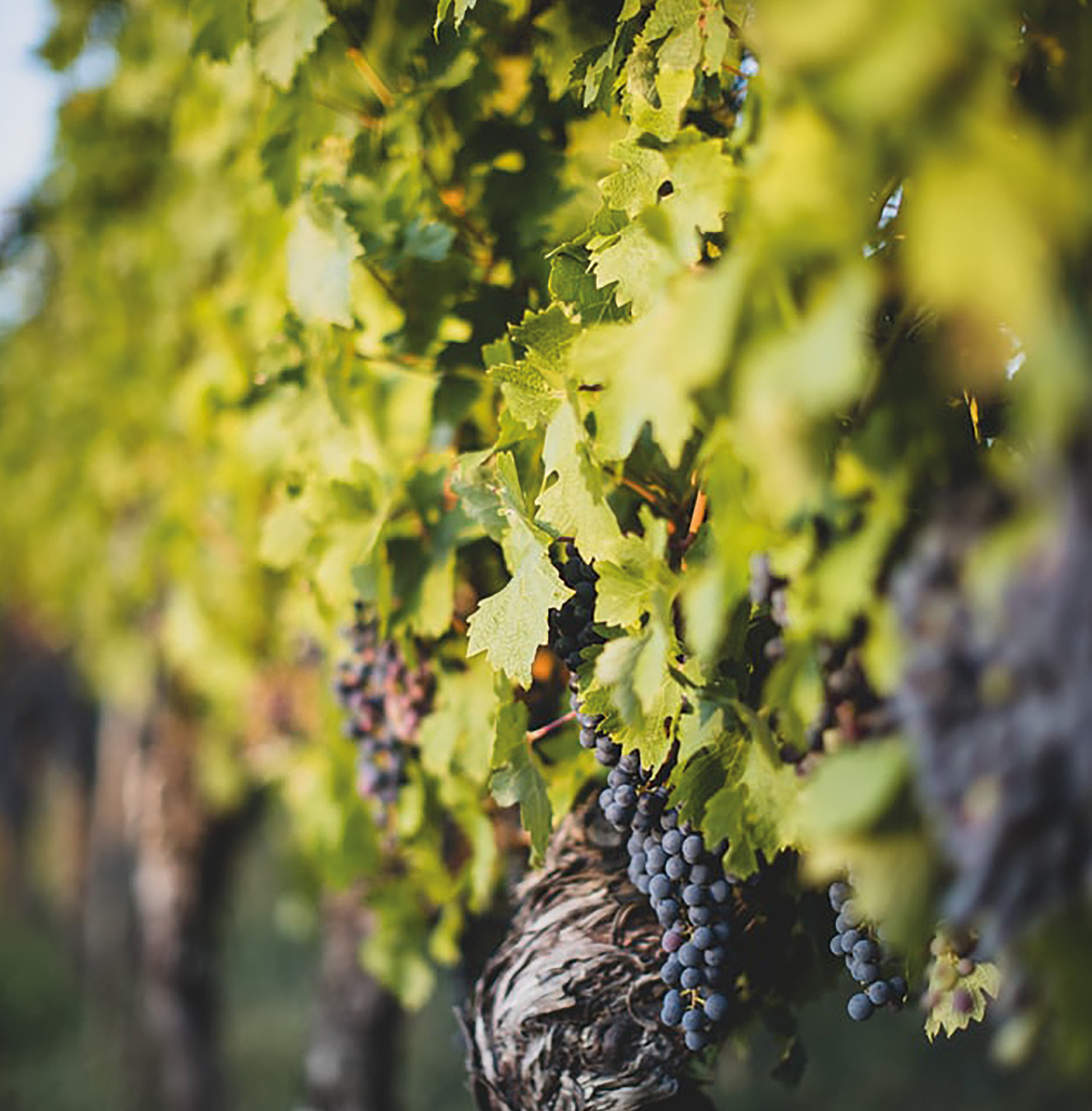
The match, says Blázquez Villar, was excellent.
The project, however, was about to face an enormous obstacle.
Overcoming the challenge of Covid-19
The Coronavirus Pandemic in early 2020 posed huge challenges to the team – logistic and communication hurdles that threatened to derail the collaboration before it had even begun.
Gandeborn and his fellow students were fast, however, to react.
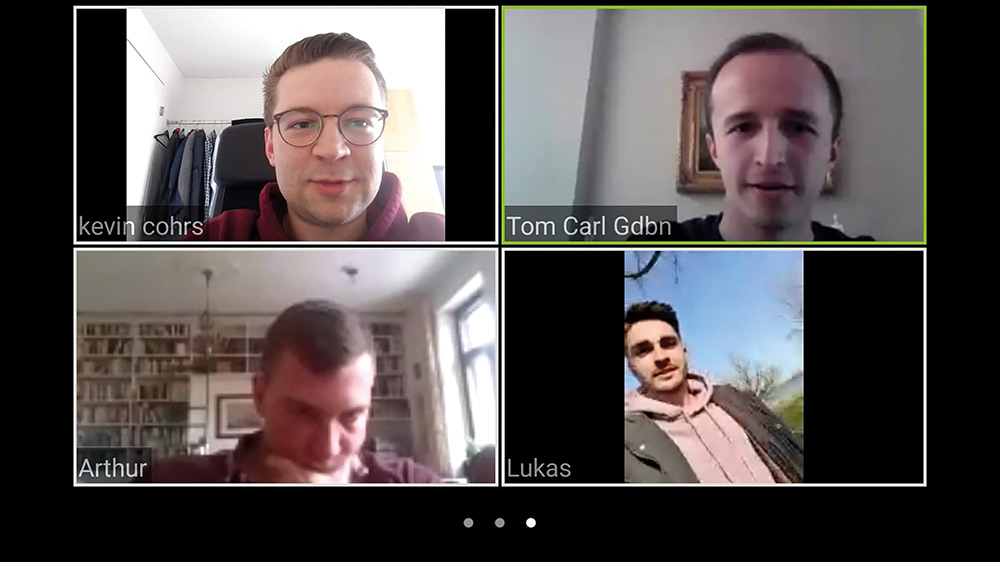
“We got to work fast, setting up telecommuting, email contact, Zoom and Microsoft Teams meetings to understand the goals and to put together an initial sustainability benchmark for the company. We looked at what five other players were doing in the wine-making space, then went further afield to find best practices from other sectors. Then we went ahead and shared our findings with the client.”
Blázquez Villar was impressed.
“It was very easy to work with this group. Their work was remarkably organized despite all the difficulties with Covid-19. We had planned for them to visit our bodega in Jerez, but had to suspend this sadly. In spite of it all, the CEMS team was extremely well coordinated across the various phases of the project, with detailed presentation at each stage.”
The CEMS team were able to use the benchmarking work to extrapolate the key communications challenges facing the wine-maker across their corporate and social media channels, looking at stakeholder needs and expectations and building a new strategy to share key messages more effectively.
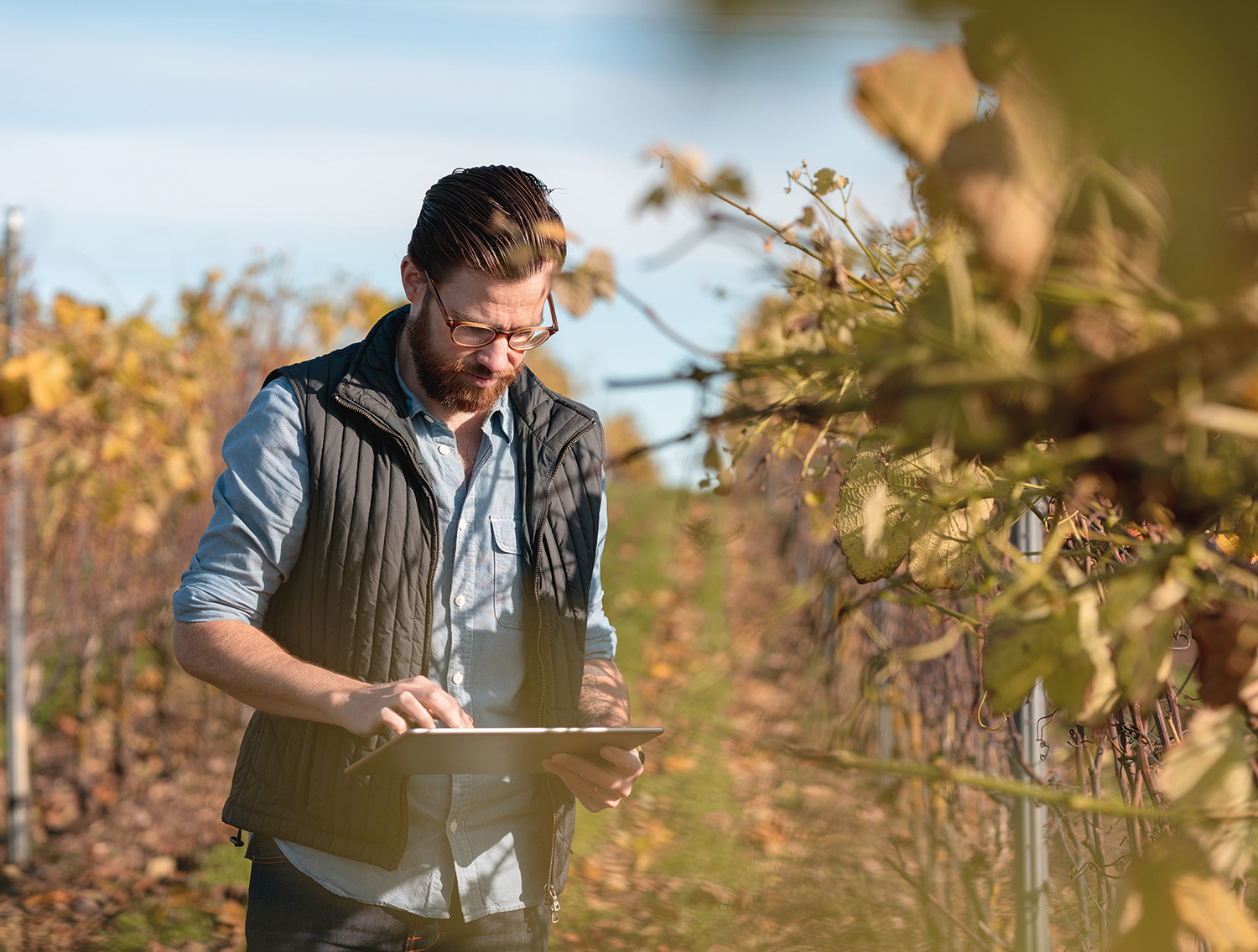
“The other element of the project was more blue-sky thinking,” says Gandeborn. “We expanded on the findings from the benchmarking to make proposals on new actions and interventions with stakeholder groups. Part of this entailed building a KPI dashboard which would measure mid-term implementation of our sustainability and communication plan, as well as longer-term progress for the deployment of the new strategy moving beyond the Covid-19 situation.”
The power of resilience
Despite the challenges of being unable to meet face-to-face and to assess client needs on the ground, the collaboration between Blázquez Villar, her colleagues and the CEMS team has been productive and fruitful. So much so, she says, that the company will be implementing some of the measures proposed by the students in real life, going forward.
“The CEMSies have done a very complete piece of work for us. From the benchmarking both within and outside of the wine industry, through to deep understanding of the environmental, social and governance criteria, on to the methodologies used by the team for analysis – at every step of the way, everything was clear, visual and easy to understand.”
Blázquez Villar and her colleagues will be deploying some new channels to communicate their efforts in sustainability as a result, she says. They will also use the KPI tracking tool devised by the students to measure impact.
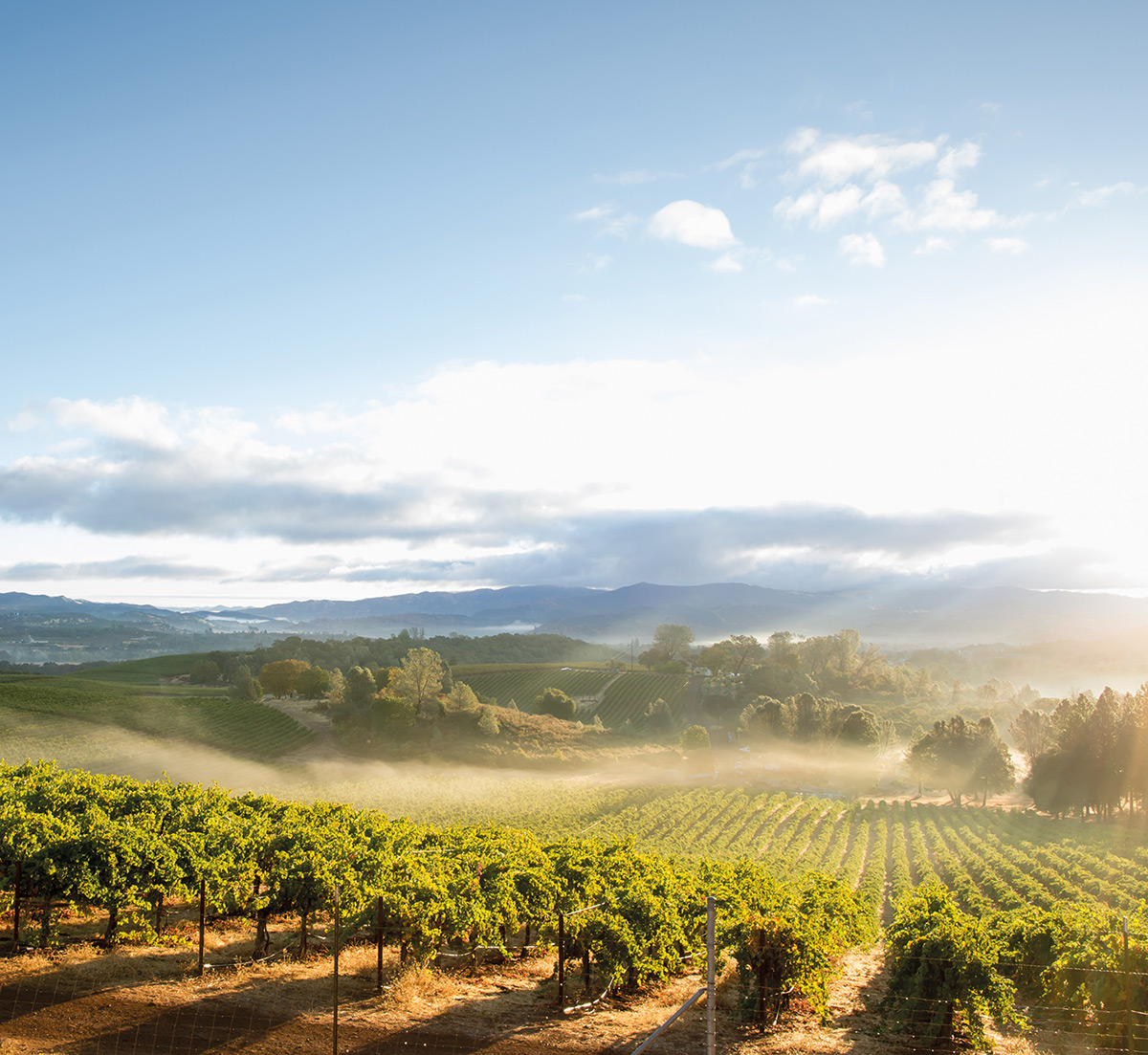
For Gandeborn and his fellow CEMSies, the project has proved rewarding in terms of the specific learnings and exposure to the sector. But there have been other insights too that align with ideas and hypotheses around the future of work.
“For me, I think it has been fascinating to see how digital tools can empower you to work even when you are faced with something as cataclysmic as the Covid crisis. The pandemic meant that we were not only unable to interact with the client face-to-face, we also could not work together physically as a team.”
As digitalization continues to gather momentum, and efforts to rebuild economies in the wake of the pandemic take precedence, Gandeborn expects to see the future of work become increasingly virtual – empowered by technology.
“I think one of the key takeaways of the experience for me was also the importance of being resilient in the face of set-backs. We all felt a palpable decrease in motivation when the pandemic struck and it looked like we were going to be unable to proceed. But we really discovered the merit of resilience – pressing on with the project and leveraging digital tools, we were able to provide the same degree of insight and detail that we had planned to share. We accomplished what we set out to do in spite of it all.”
Contributors
Leonor Blázquez Villar, Salvador Guimerá Girón, Thomas Gandeborn
ESADE/Vienna University of Economics and Business
